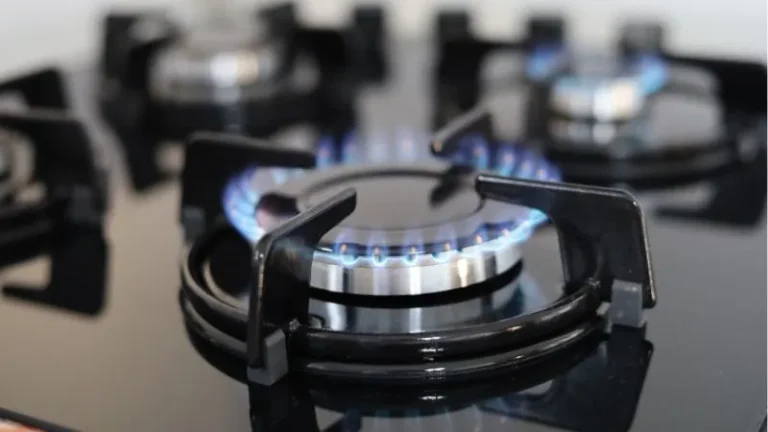The Homeless Persons’ Legal Service (HPLS) at PIAC has put together a brochure outlining people’s rights in public spaces – particularly aimed at people experiencing homelessness in the inner city of Sydney, but relevant to all public places in NSW.
Please feel free to print and distribute this version.
Contact us for printed copies.
Guide to being in public spaces
1. You have a right to use and enjoy public spaces
Everyone has a right to use and enjoy public spaces. Public spaces include places like parks, streets and beaches.
In NSW, there are laws about what you can do in public spaces. There are also laws that apply to the police, council workers and transport safety officers.
2. What powers do police have?
Like other members of the public you are allowed to hang around in public places; you do not need a special reason to be there.
Police can’t tell you to move on unless they have a reason.
The police must have a reason to tell you to move on. Some reasons include:
- Getting in the way of people or traffic,
- Harassing anyone or making other people afraid,
- Being about to commit an offence like buying or selling drugs,
- Being drunk and disorderly, or
- Acting in a way that is a risk to other people.
If one of these reasons applies, police can tell a person or group to move away from a public place for a period of time. If you disobey, you can be fined.
3. Can the police take your stuff?
In general, police can’t take your stuff without a warrant.
In most cases, for police to lawfully remove your property from public land, they have to get a warrant from the court.
Police have extra power to take away alcohol near alcohol free zones.
If you drink in an alcohol free zone, police and some council workers can take your alcohol. They can also take your alcohol if they think you have been drinking recently or are about to drink alcohol in the alcohol free zone.
Police have some extra powers in Martin Place
Some new laws were made about Martin Place in 2017. Those laws only apply to Martin Place. Under this new law, police can tell someone to leave Martin Place for up to six hours if the person is interfering with other people enjoying the space, or if the person is doing something unlawful. Police have to be reasonable when they make this kind of direction.
If you disobey such a direction, you can be fined.
In Martin Place, police can also take your stuff (including a tent, goods or other things) if they believe this:
- Is necessary or
- Will help prevent interference with public enjoyment, or
- Will help prevent unlawful occupation.
In these cases, if you try to stop a police officer taking your goods, you can be fined.
4. What if the police take my stuff?
Police can return the goods to you, dispose of them, or give them to the council who will have your belongings impounded.
5. What local councils can and can’t do
As long as you don’t break the law, cause a nuisance or pose a threat to anyone, council workers should leave you alone.
Some local councils have made local by-laws about conduct in some public places, such as saying you can’t drink in certain areas. This should be on signs in those areas, and on the council’s website.
Council workers do have some powers, but only in certain cases.
Council can… |
But only if… |
| Tell you to stop doing something | What you are doing may threaten public health or safety, or threaten someone’s life |
| Tell you to move on | You are using public space in a way that makes it inconvenient or difficult to move your belongings |
| Remove your belongings, or ask you to remove them |
Your belongings create a public nuisance – this means your belongings might be in the way of other people’s comfort, convenience or safety |
6. When can you be fined by council workers?
You can be fined by the council or police for doing some things in public places:
- Damaging or taking plants, animals, soil or rocks without lawful excuse,
- Breaking glass or syringes without lawful excuse,
- Polluting or damaging places you can swim publicly (or swimming nude), and
- Disobeying notices about banned behaviour.
7. What about Central Station and other train stations?
Central station is public property and is on government-owned land. Normal police powers apply.
Rail safety officers also have powers to make sure stations are safe. They can give you a notice that says you can’t do something (called a ‘prohibition notice’) if they think something dangerous is happening or about to happen. They can give you this notice verbally but they also have to give you a copy in writing. If you don’t do what they say, they can get the police involved. You need a valid ticket to go on to a train or through the turnstiles, but you do not need an Opal card to hang around Central or any other rail station.
8. Where can I get help?
If you get in trouble with the police or council, or if you get a fine, you should get legal advice as soon as possible about what to do next. You can see the Homeless Persons’ Legal Service at one of our clinics around the city. For immediate phone advice, you can also contact Law Access on 1300 888 529.
We are also available at the clinics if you think you have an issue – always better to check than have it blow up later!

Watch: Challenging Injustice in Community Housing